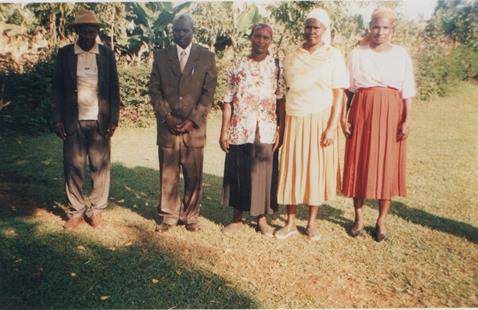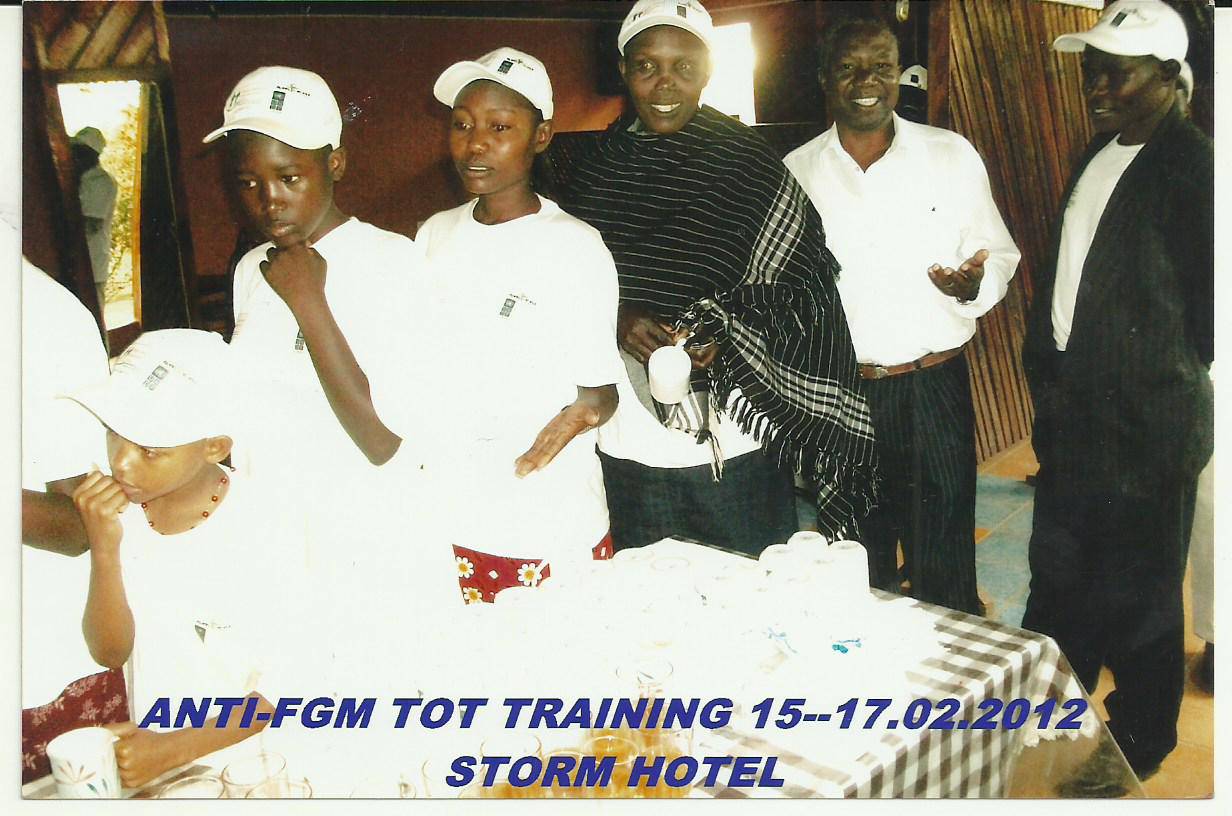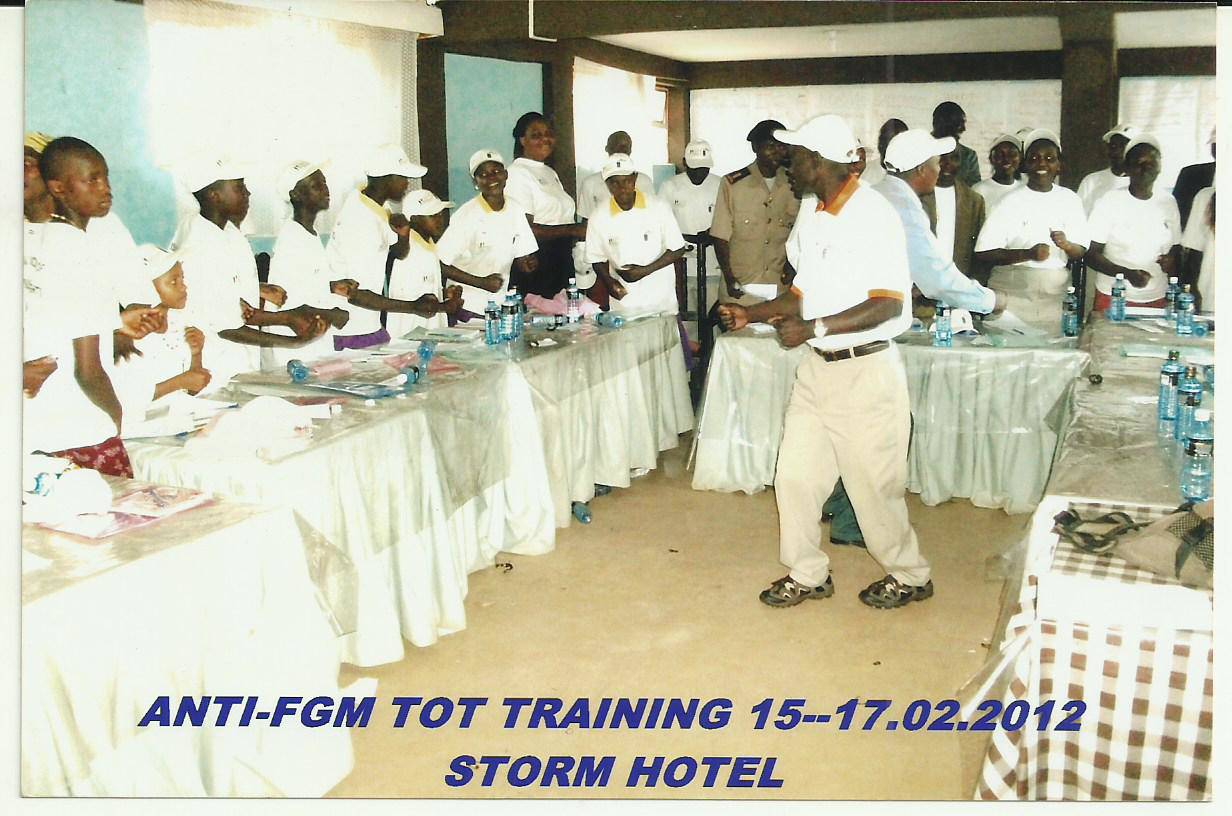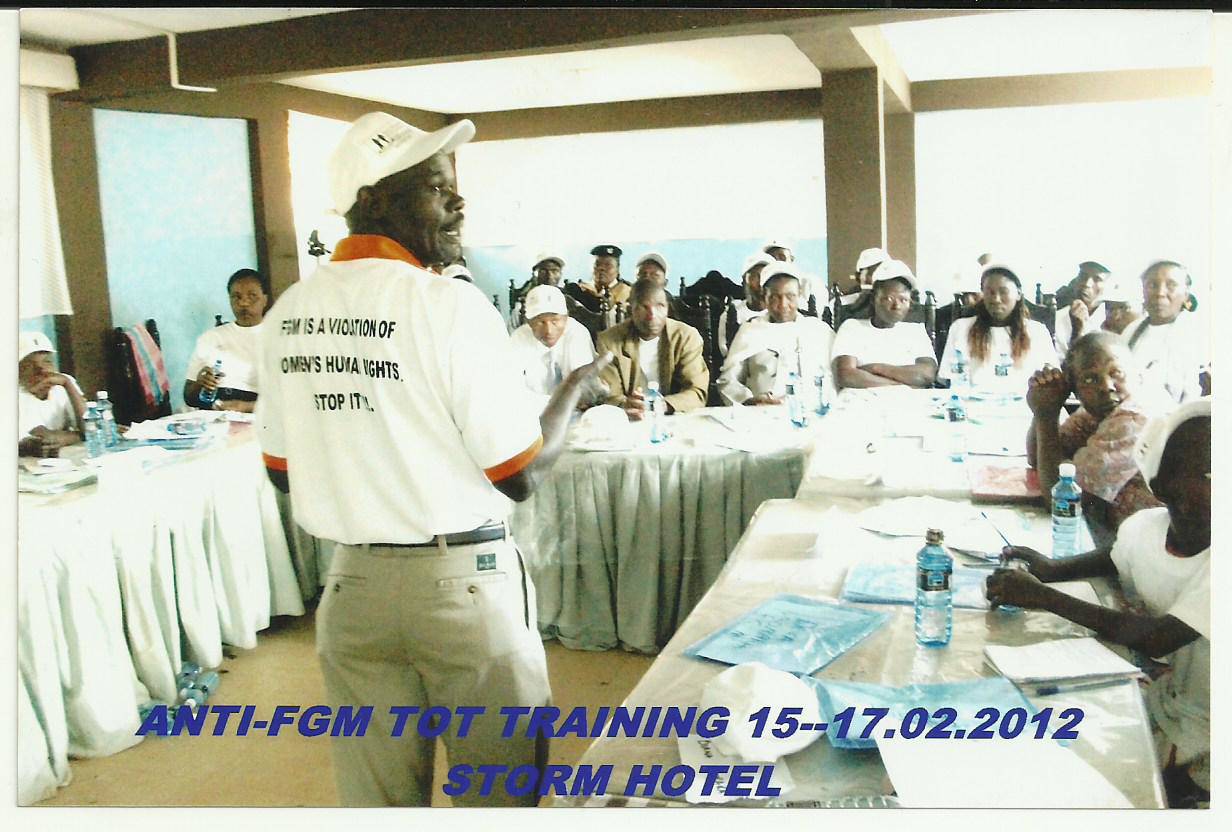HELP 2007/8 IDPS’ CHILDREN SCHOOL FEES.
Fundraising campaign by
TRINYA GROUP
-
US$0.00raised of $1,500.00 goal goal
No more donations are being accepted at this time. Please contact the campaign owner if you would like to discuss further funding opportunities
Campaign Story
OUT OF SCHOOL CHILDREN IN Kenya. The risk of trafficking for children in conflict - affected areas and IDP children. The study tools (guide for focus group discussions (FGDs) and questionnaire for interviews with KIs) were based on the Operational Manual of The Global Out - of - School Children Initiative. GfK - Kenya finalized the study tools, and they were commented on and approved by the Ethics Committee of Sociological Association of Kenya.
Numerous studies mention that the majority of IDPs face financial difficulties. Severe financial difficulties were a factor for households where a child or children did not attend school. The school fees and related costs (for transport, uniforms, stationery, handbooks, and other educational materials) were extremely high for IDP families.Targeted campaigns are needed,in partnership with Kenya communities, to raise awareness about education, and increase school attendance.
The survey results show that the transition points for IDP children in Kenya are:-
Uncertainty about returning to place of origin. If the family wants to return home, this may be a reason why a child does not attend school for some time,
-Essential Records Results of the survey show that there are IDP families who left all their important documents when they left their homes. It is time consuming for parents to renew documents, and this can lead to children not attending school for ascertain period of time,
-Children affected by violence trauma. Some children do not attend school because they are experiencing psychological trauma and their parents feel they should address these needs before the child is ready to return to school, and -Interpersonal problems with teachers and classmates. Children who have bad relations with teachers or classmates at school are apt to skip classes.
Considering all that is said above, “When I visited/went to/the see IDPS in Kisii County - Kenya. I met with women and children belonging to four families housed in a rented house. I couldn’t control my tears. Since there were only two young boys with the job of heading all these closely related four families, the vulnerability of women and children was very visible from what and how they were talking to me.
Following are some of my immediate reflections:-
1. There is very limited coordination among the stakeholders providing relief. Even if the officials and individuals want to improve coordination (and they are trying); the system is not supportive because each department/ institution has its own chain of command and local administration is stuck in all this,
2. IDPs are being registered as IDPs a routine but this requires them to have been previously registered (i.e. as citizens). Most of the people of Kisii Community have never been registered because of a tribal setup and this is especially true for women. Hence there are so many unregistered families and they are not getting any kind of assistance. Even those who have their documents and are getting assistance from formal and informal sources, this suffers from lack of coordination,
3. Women are the most vulnerable groups and especially those who are head of households because (a) they don't have their documents and are not registered, (b) they are not mobile because of cultural constraints and hence lack access to assistance (c) even if they have their husbands’ ID cards with them, they do not have "nikah nama" and cannot prove that they are the wives of those men (d) due to multiple marriages by men of NW in most of the cases only one wife is able to get assistance (e) lack of education and exposure to understand the processes etc etc,
4. Most of the children I saw there are suffering from trauma and have internalized the fear, and there is no facility/ opportunity for their engagement which is disastrous,
5. Men and women are also suffering from trauma but this aspect is yet to be considered and addressed,
6. IDPs staying in Kisii county (especially) do not even know what assistance is available for them as information is so lacking,
7. IDPs prefer not to stay in camps but do not know what facility is available there: sometimes the facilities are better in the camps,
8. IDPs are living in schools and colleges etc, and there is no alternate arrangement for them if the schools are opened, and
9. Health is the main concern especially for women and children but most of the time the doctors (especially female doctors) are not willing to go to the areas like Kisii county due to security concerns. The organization is planning medical camps in those areas and some teams have agreed to go".
Lastly, to our dear potential Supporters/supporters/donors,
We are asking for your help in meeting an urgent appeal for these deserving 2007/8 IDPs' Children School Fees. Kindly thanks for considering helping them.
Organizer
- TRINYA GROUP
- Campaign Owner






